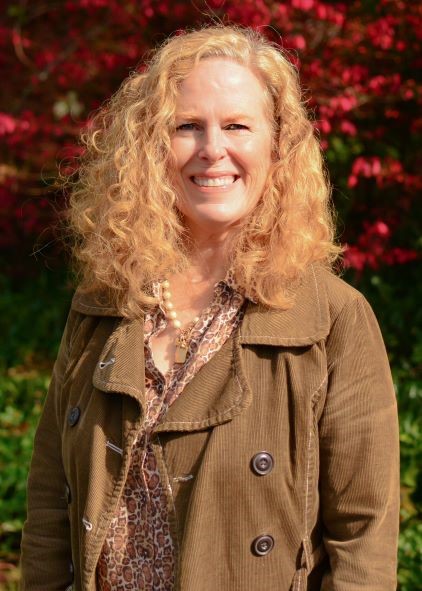Non-judgment is one of the pillars of mindfulness. It is included in the 7 Foundational Attitudes ,which if cultivated leads to many others.

When it comes to living more mindfully, I find that practicing an attitude of non-judgment towards myself and the world around me is the most difficult. However, it also provides the biggest benefits: inner calm, stress relief, and a sense of grounding with less attachment.
It’s worth examining here.
We tend to categorize our experiences into Good, Bad or Neutral. These determinants are helpful in organizing an otherwise overwhelming life experience. But if this routing goes un-checked we can end up in autopilot without noticing the nuances of where our attention ought to be.
As Jon Kabat Zinn says in his book “Mindfulness for Beginners”- “When you begin paying attention to what’s on your mind, you rapidly discover that basically everything is a judgment of one kind or another. It is good to be aware of this. No need to judge the judging or try to change it. Just seeing it is enough. Then true discernment can arise, a seeing things as they are. Not-knowing is akin to not judging. When we don’t have to immediately know everything, we can be open to seeing with fresh eyes.
So how do we do practice non-judgement?
- Notice the judgment arising.
- Allow it to be without denouncing it or clinging to it.
- Say present to this awareness and let it guide your next step with clarity.
What I notice is that practicing non-judgment quiets the inner dialogue in my mind (which can be quite opinionated and noisy). That quietness is calming. I think better. I’m relieved of my most noxious thoughts and can observe them, monitor them, and apply compassion where needed.
Suspending judgment doesn’t mean the goal is to eliminate judgments altogether. That’s impossible. It means you can develop a different relationship with the judgments that bubble up for you. Then you can decide skillfully what, if anything, needs to be done, undone, or simply observed as it is.
This article is the best articulation on the topic I have come across: https://mindfulambition.net/non-judgment/

Lisa Wellington is a Certified Mindfulness Teacher who writes about integrative practices that downshift stress, increase insight, and jumpstart joy.
She is best known for her work with law enforcement professionals as well as those challenged by housing instability and addiction. Trained in the Fine Arts at Washington State University, she specializes in group training that engages participants’ inherent creativity.
If she is not under a stack of books about psychology and spirituality, she can be found at a Puget Sound beach or nearby trail, always searching for the absurd, which is her superpower.
Author: Lynnwood Times Staff











2 Responses